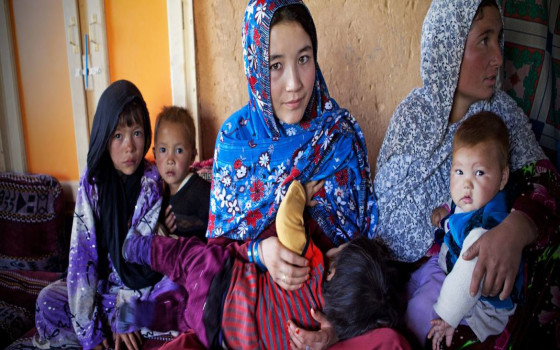
UNESCO: 1.4 million girls deliberately deprived of education in Afghanistan

- Europe and Arabs
- Friday , 16 August 2024 8:16 AM GMT
New York - Kabul: Europe and Arabs
The United Nations Educational, Scientific and Cultural Organization (UNESCO) said that 1.4 million girls in Afghanistan have been deliberately deprived of education after three years of de facto rule in the country, which strictly bans secondary and higher education for girls and women.
In new data released by the organization yesterday, Thursday, it reported that this number has increased by 300,000 girls since the last census conducted by UNESCO in 2023, with more girls reaching the maximum age allowed for them to enroll in schools, which is 12 years.
It pointed out that by adding girls who were already out of school before the ban was imposed, there are now nearly 2.5 million girls in the country deprived of their right to education, which represents 80 percent of Afghan girls of school age.
UNESCO Director-General Audrey Azoulay said that Afghanistan is today the only country in the world that prevents girls over the age of 12 and women from accessing education.
“This situation should concern us all. The right to education cannot be negotiated or compromised. The international community must remain fully mobilized to ensure that schools and universities reopen for Afghan girls and women without conditions,” she added.
Fewer students in primary education
UNESCO also explained that access to primary education has fallen sharply, with the number of girls and boys enrolled in schools falling by 1.1 million, from 6.8 million students in 2019 to 5.7 million in 2022.
It noted that this decline in primary school enrolment is a result of the de facto authorities’ decision to prevent female teachers from teaching boys, which has exacerbated the teacher shortage.
It warned that the figures are also worrying in higher education, with a 53 percent drop in the number of students enrolled in universities since 2021. As a result, the country will quickly face a shortage of graduates trained for more skilled jobs, which will exacerbate development problems, according to UNESCO.
Alternative learning methods
UNESCO explained that it is mobilizing its efforts to work with its partners to develop alternative learning methods, as the organization has established programs based on engaging local communities in 20 of the country's provinces.
It added that more than 1,000 facilitators, including 780 women, have been trained to provide literacy courses, which have already benefited more than 55,000 people, the vast majority of whom are girls, in some 1,900 villages.
UNESCO is also investing in distance learning via radio and television, and providing financial support and training to Afghan media outlets wishing to develop and broadcast educational programs.
However, the organization reminded that nothing can replace face-to-face education in classrooms, calling on the international community to continue its mobilization to fully restore the right to education for girls and women in Afghanistan.


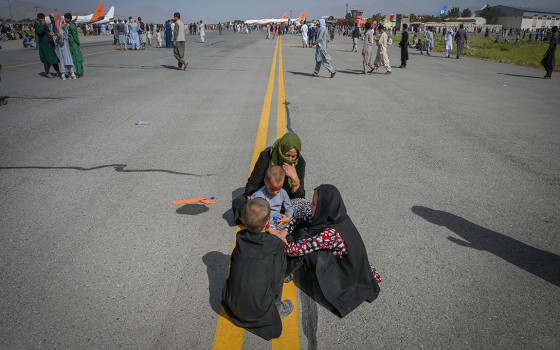
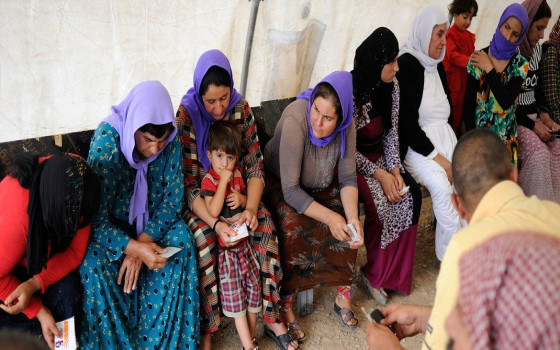
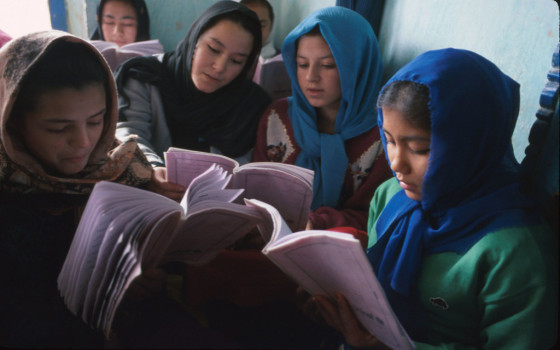
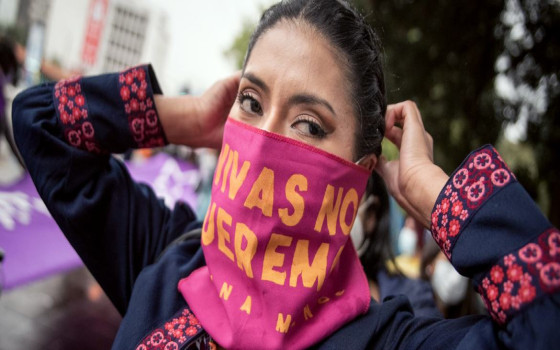
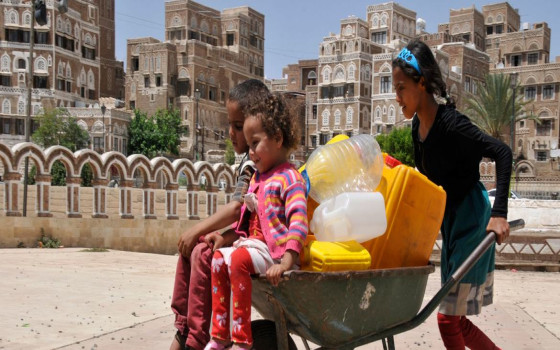
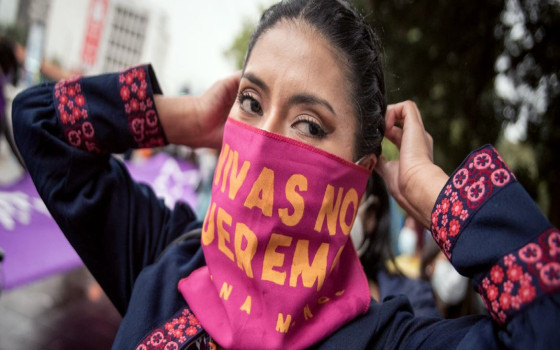
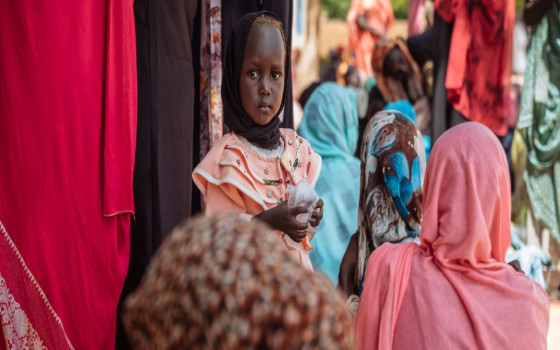
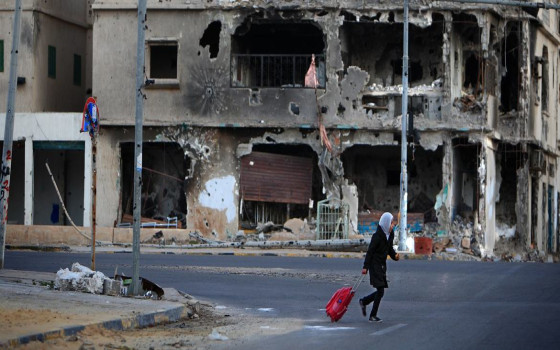

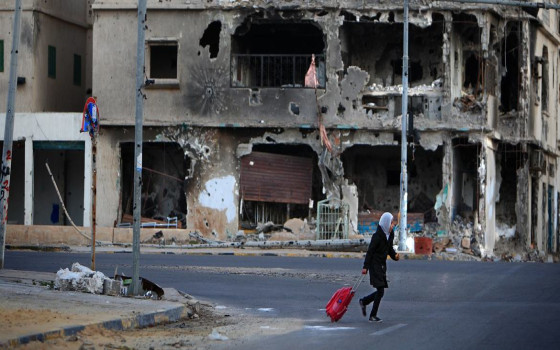
No Comments Found